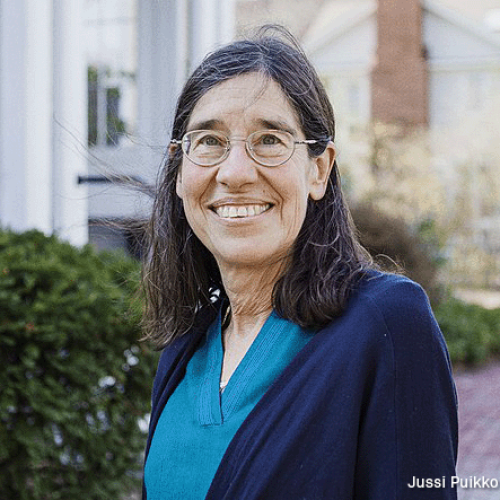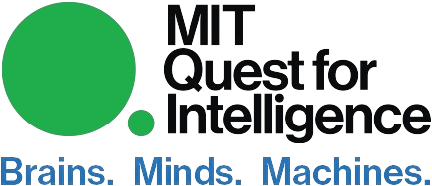
Eleanor Jack Gibson: A Life in Science
Abstract: More than two decades after her death, Eleanor Gibson still may be the best experimental psychologist ever to work in the developmental cognitive sciences, yet her work appears to have been forgotten, or never learned, by many students and investigators today. Here, drawing on three of Gibson’s autobiographies, together with her published research and a few personal recollections, Spelke aims to paint a portrait of her life and science. What’s it like to be a gifted and knowledgeable scientist, working in a world that systematically excludes people like oneself, both institutionally and socially? What institutional actions support such people, both for their benefit and for the benefit of science and its institutions? In this talk, I focus primarily on Gibson’s thinking and research, but her life and science suggest some answers to these questions and some optimism for the future of our fields.
Bio: Elizabeth Spelke is the Marshall L. Berkman Professor of Psychology at Harvard University and an investigator at the NSF-MIT Center for Brains, Minds and Machines. Her laboratory focuses on the sources of uniquely human cognitive capacities, including capacities for formal mathematics, for constructing and using symbols, and for developing comprehensive taxonomies of objects. She probes the sources of these capacities primarily through behavioral research on human infants and preschool children, focusing on the origins and development of their understanding of objects, actions, people, places, number, and geometry. In collaboration with computational cognitive scientists, she aims to test computational models of infants’ cognitive capacities. In collaboration with economists, she has begun to take her research from the laboratory to the field, where randomized controlled experiments can serve to evaluate interventions, guided by research in cognitive science, that seek to enhance young children’s learning.
This will be an in-person only event.
